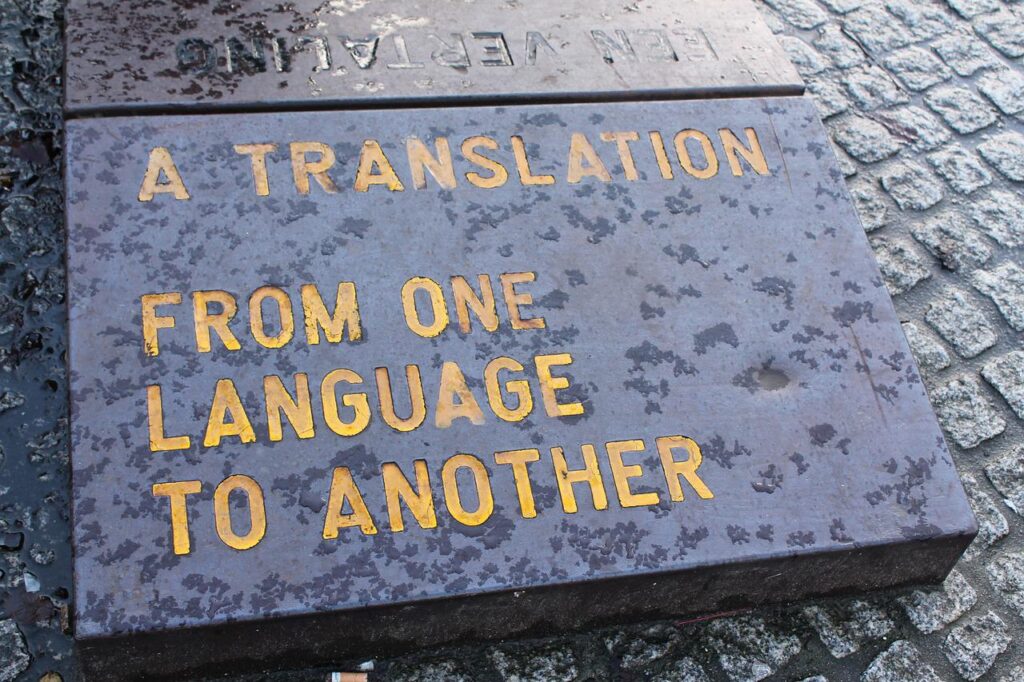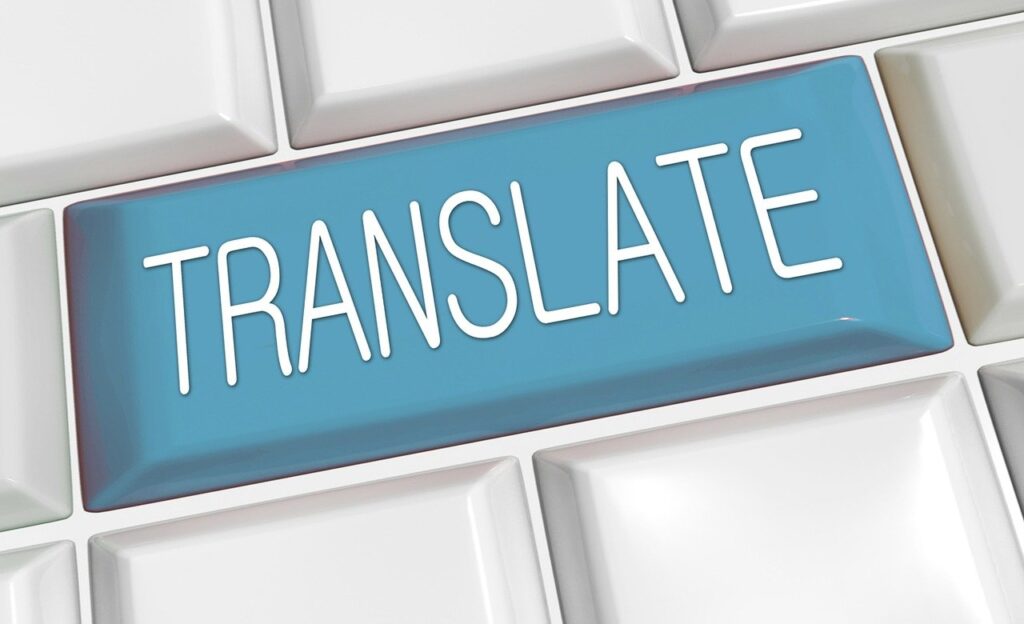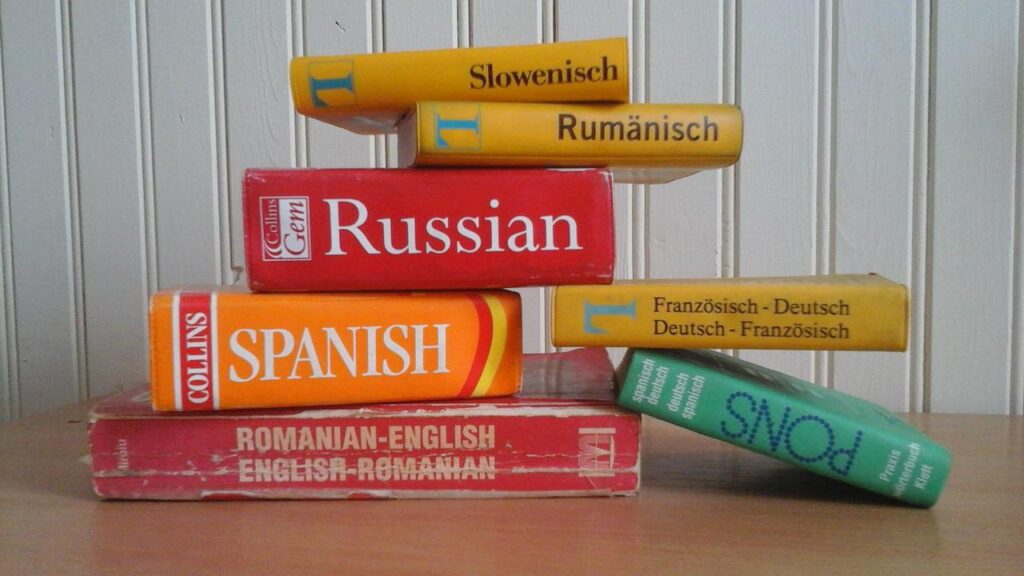The starting phase of marketing in China usually involves content localization. Very often it’s English to Chinese translation with a bit of Chinese culture. Because of cultural differences, there are great differences between English and Chinese. Therefore sometimes the translation results will be different from the ‘correct answers’. Here are the tips of content localization for China market.

1.Do not translate directly
In business environment, there would be specific meaning for certain words. You need to make sure the translation matches the expectation of target audience. It’s easier for them to read and understand. Please keep in mind that your target audience are real people and they have their own reading habits. For instance, beauty products for young women, cloud services for IT specialists and biochemical reagent for scientific researchers. As a result,your contents will be totally different in the way you translate from English to Chinese.
2.Variant forms of keywords
Very often there are several forms of Chinese translation for English words. For example, digital marketing could be ‘数字营销’ in Chinese and the translation could also be ‘网络营销’,’数位营销’or ‘网络行销’. It’s not easy to determine which form to use while localizing content for business. Based on our experience, you need to consider background text, selling points of the business and search volume of different forms of keywords. Consider and choose carefully before you could conclude on the translation of core keywords.

3.Translation of passive sentences and long sentences
In the process of translating English passive sentences, Chinese active sentences often express English passive sentences. Sentences with passive meaning in English can also be expressed in sentences with active meaning in Chinese. Another is to translate English into long sentences in Chinese. In this kind of translation, here’s the idea. First of all, don’t avoid using the frequently used sentences. Because even the composition of long sentences are typical. Usually, the composition of sentences is subject, predicate and object. So find out the trunk of these sentences for translation. And then the translation is easy.
4.Attention tense
In the process of English translation, we must pay attention to English tenses. Because there will be no tenses of verbs in the process of Chinese expression. Therefore, in the process of English translation, we often forget the translation of verb tenses. In the college entrance examination, the translation of tenses has always been the focus. There are usually two or three verbs in the translation of each sentence. At this time, what we need to do is firstly take a look at the whole sentence. Secondly, find the correct idea. And then find the appropriate voice according to some time hints in the sentence.

5.Pay attention to the collocation of words
Chinese is special in its own way. Even if the words are collocated incorrectly and in the wrong order, it still sounds understandable. However, English is different. In English, you must pay attention to the collocation of adjectives and nouns, adverbs and verbs, etc. Therefor, choose the right words and change the sentence structure. In this way, English can be translated into Chinese quickly. In addition, the accuracy is still very high. So we must pay attention to the collocation of words. In the process of juxtaposing nouns and verbs, we must pay attention to the order. This mean putting the long one behind and the heavy one behind and avoiding top heavy. In addition to these, we should also consider the tone and so on.
The above are what you need to paid attention to in the process of content localization for China market. If you need more tips of content localization, please reach out to us.
